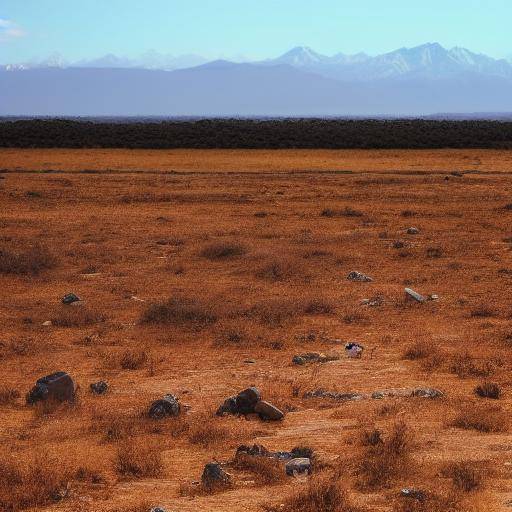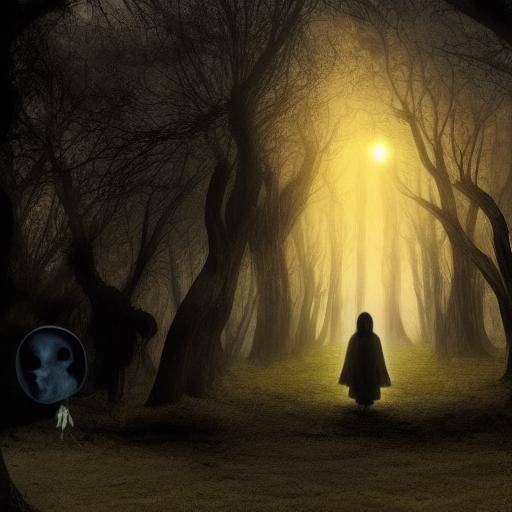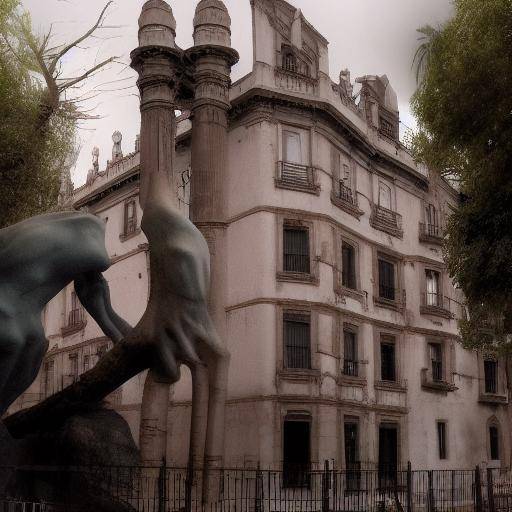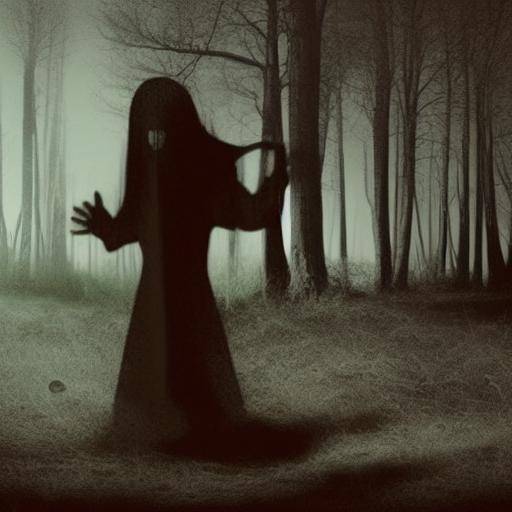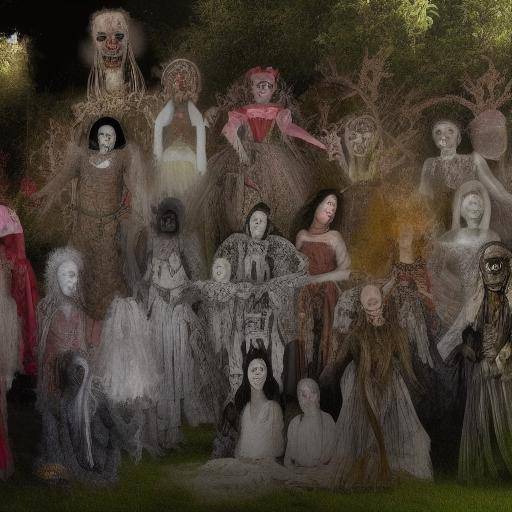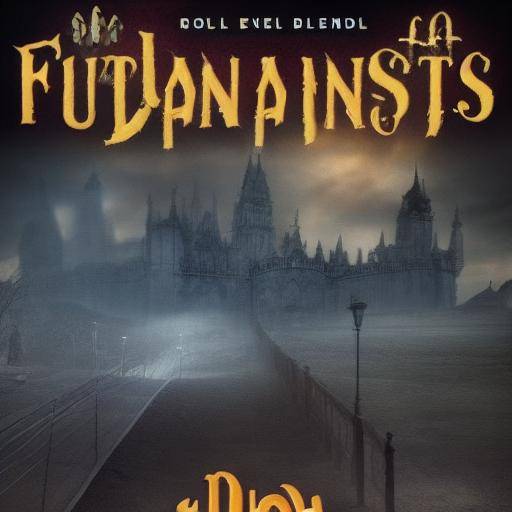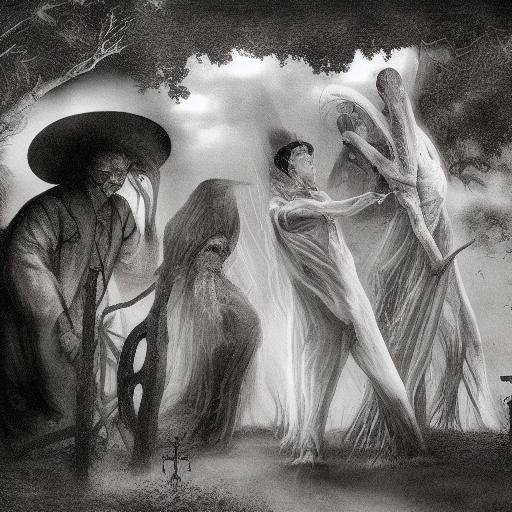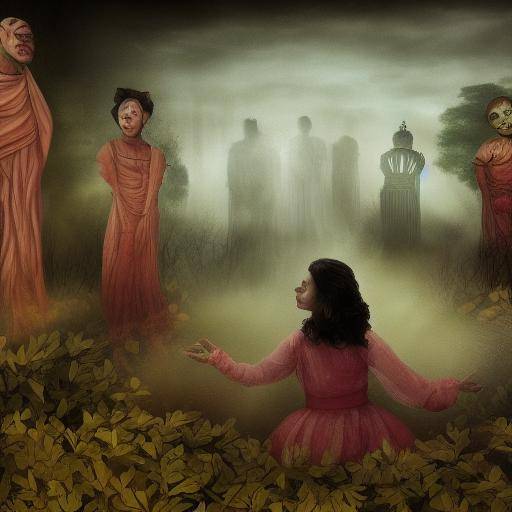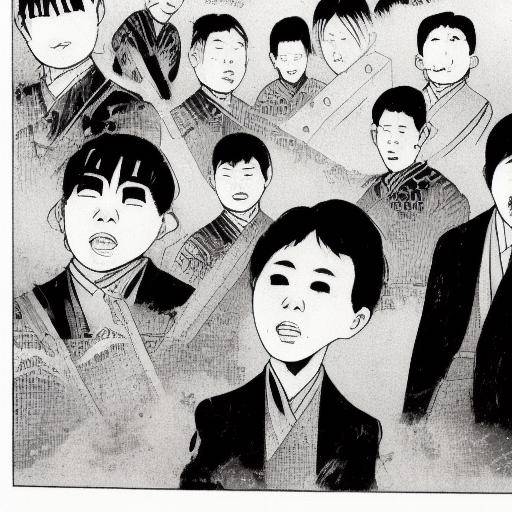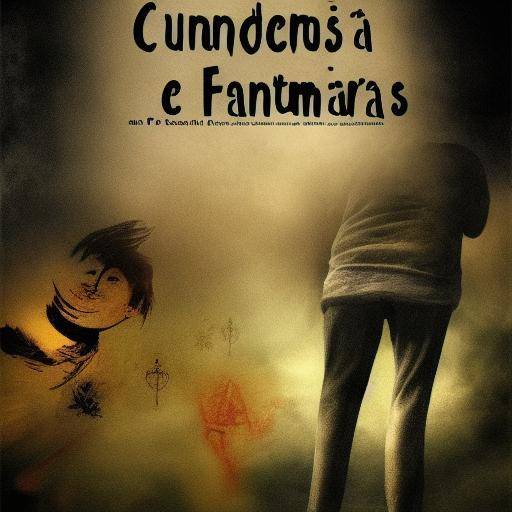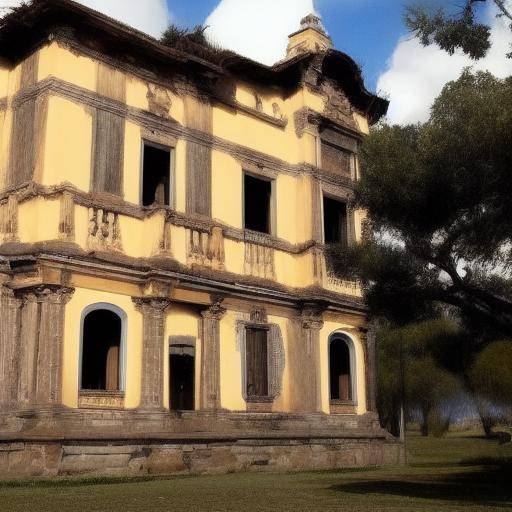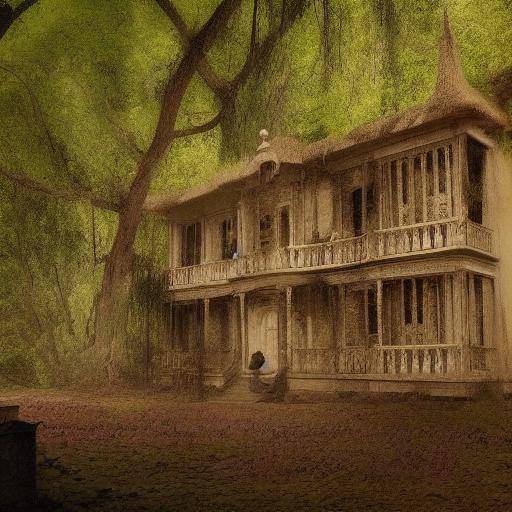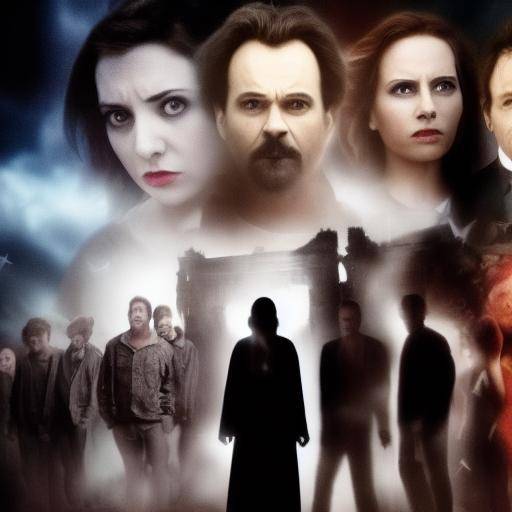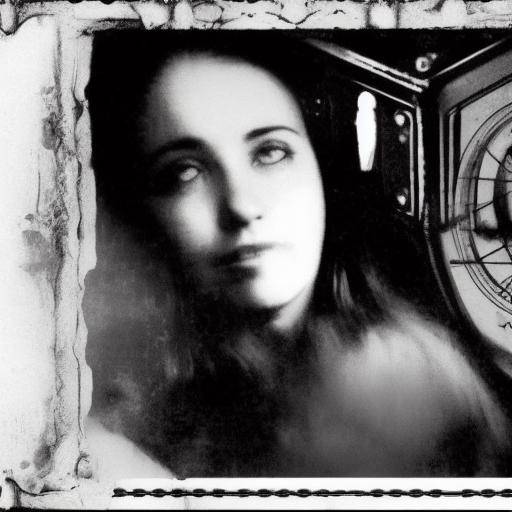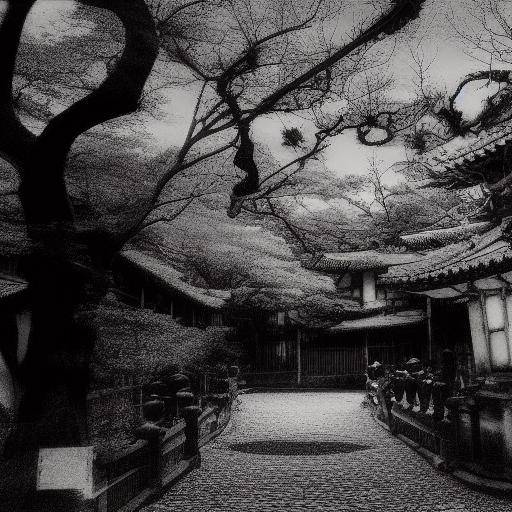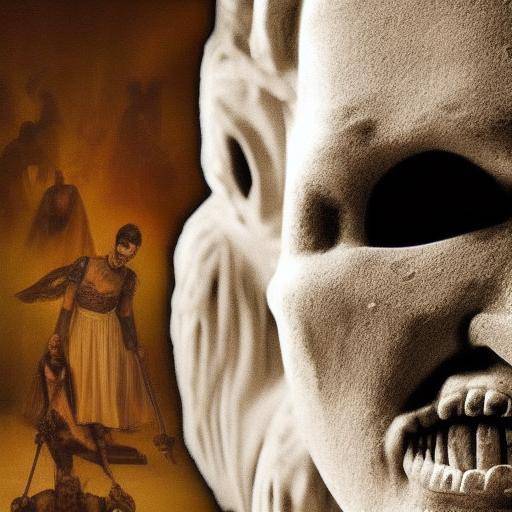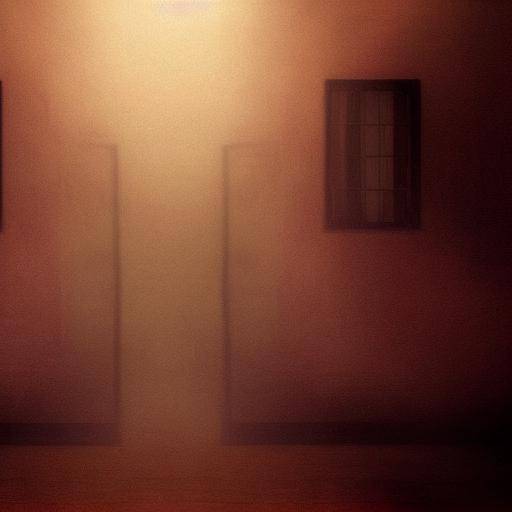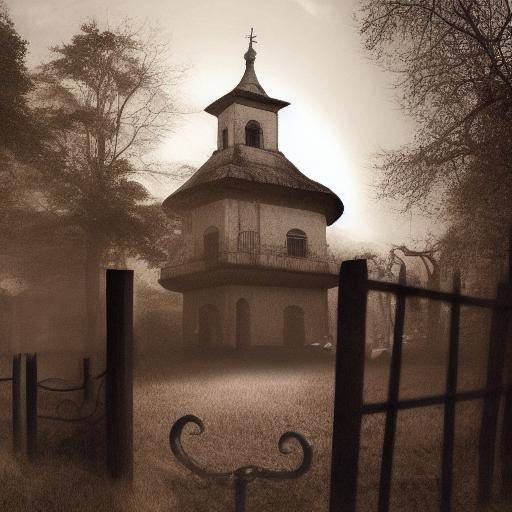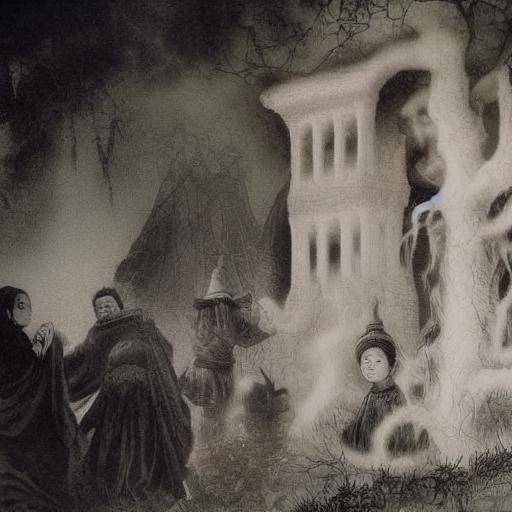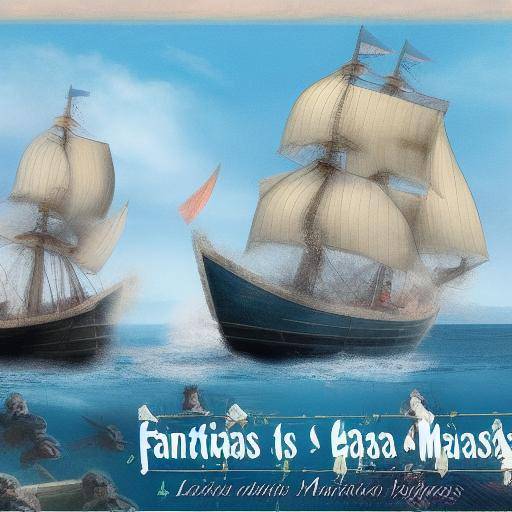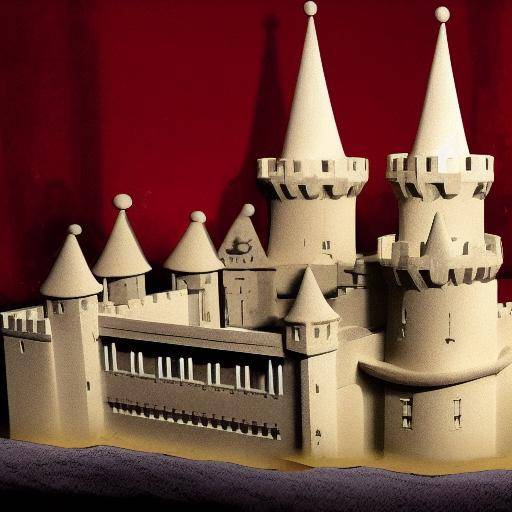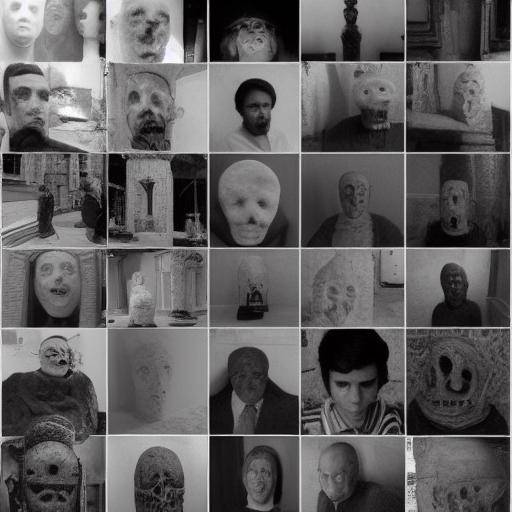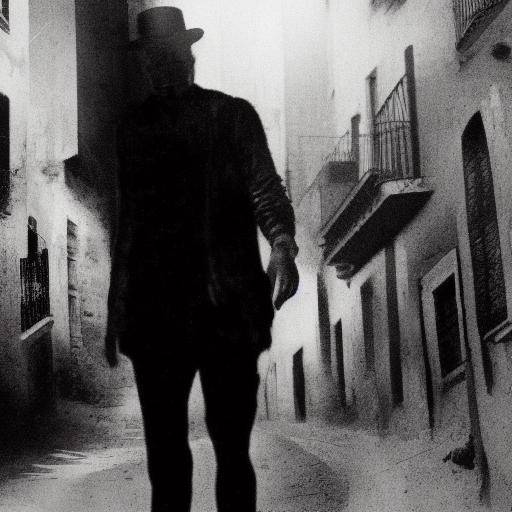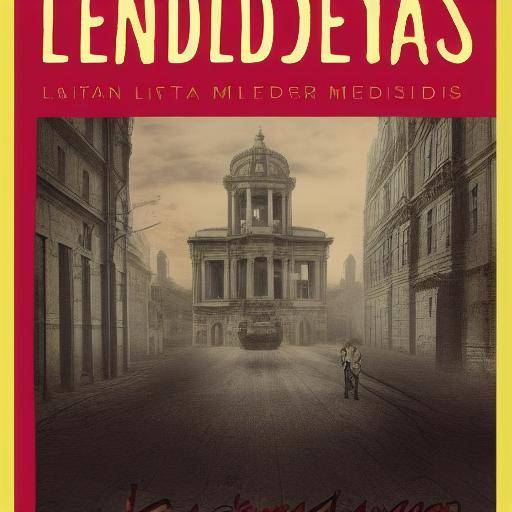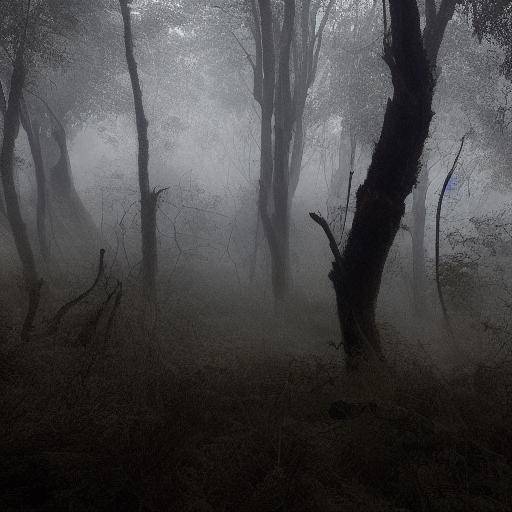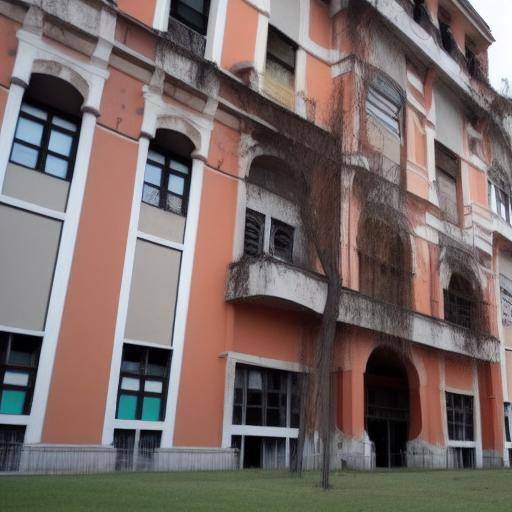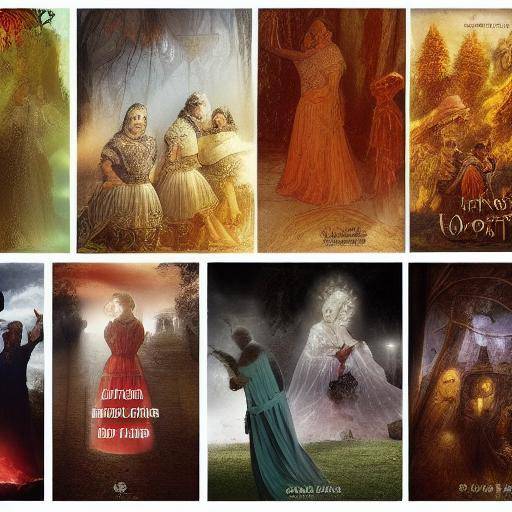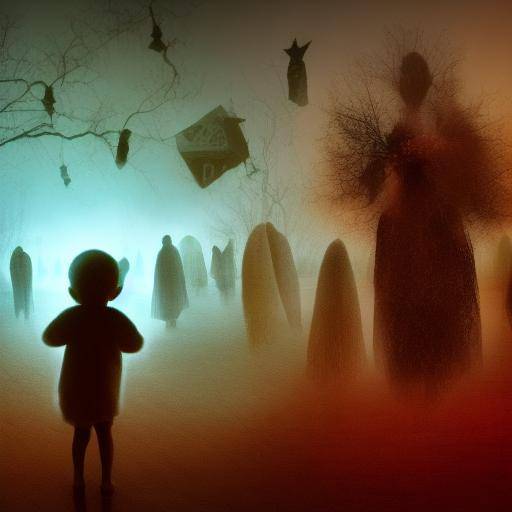
Have you ever felt a chill going around your back when you heard a ghost story? The idea of wandering spirits, supernatural appearances and inexplicable events has fascinated mankind throughout history. In Western culture, fear stories have played a significant role in the formation of our beliefs, traditions and art. This article explores the fascinating world of ghosts in Western culture and the deep roots that these stories have left in our society.
Introduction
Ghost stories have been an inherent part of Western culture for centuries. From orally transmitted legends to literary works and film productions, the subject of ghosts has captivated audiences of all ages. In this article, we will explore the historical evolution of ghost stories, their role in Western culture and the reasons behind their lasting fascination. We will also address the beliefs and fears that underlie these narratives, as well as their influence on various aspects of modern society.
History and Background
Ghost stories have their roots in ancient civilizations, where belief in supernatural spirits and beings was omnipresent. Throughout history, these narratives have experienced significant transformations, adapting to the changing cultural and social realities. From the Middle Ages to the Victorian era, ghost stories served as a way of exploring collective fears and anguish, as well as transmitting moral values and warnings.
In the Gothic literature of the nineteenth century, figures like Edgar Allan Poe and Mary Shelley redefined the genre of terror, using supernatural and narrative elements of ghosts to reflect the fears and anxieties of the society of their time. As technology and science began to transform the Western world, ghost stories continued to evolve, finding new forms of expression in contemporary cinema, television and popular culture.
Analysis in Deep
Despite advances in the scientific understanding of the world around us, ghost stories remain a subject of fascination and debate. Psychology and sociology have played a crucial role in the analysis of why people are still attracted to these seemingly irrational narratives. From Jung's theory of collective unconsciousness to research on the influence of traumatic experiences in the formation of beliefs in the paranormal, there is a wide range of academic approaches that seek to understand the persistent presence of ghosts in Western culture.
Comprehensive review
Ghost stories have influenced a wide range of areas, from literature and art to architecture and tourism. Sites that are rumored to be haunted often attract avid visitors to experience the emotion of the inexplicable. The presence of ghosts in contemporary entertainment, including horror films and television series, shows that the attractiveness of the supernatural remains a powerful force in Western culture.
Comparative analysis
The presence of ghost stories is a common feature in many cultures around the world. However, variations in the representations of ghosts and their meaning reveal significant differences between the Western perspectives and those of other cultural traditions. While in some cultures ghosts are seen as benign or even protective entities, in Western culture they tend to associate with fear, remorse and betrayal.
Practical Tips and Accessible Tips
If you ever find yourself in a history of fear that involves ghosts or supernatural entities, it is important to remember that, ultimately, it is just that: stories. However, he attracts deeper messages about human condition, universal fears and the nature of the unknown. By exploring these stories with an open mind, you can discover not only entertainment, but also reflections on life, death and what lies beyond.
Industry Perspectives and Expert Reviews
Experts in literature, folklore, psychology and anthropology have extensively analysed the impact of ghost stories on Western culture. Their perspectives illuminate the complex intersection between the narratives of the paranormal and the human psyche. Academics continue to explore how these stories shape our understanding of the world around us and how they reflect our collective anxieties.
Case Studies and Applications in Real Life
Ghost stories have inspired a wide range of applications in real life, from paranormal tourism to creative writing. The influence of these narratives extends to architecture, the design of games and the creation of immersive experiences. Through case studies, it is possible to appreciate how ghost stories have transcended the pages of books and screens to significantly influence the collective imagination.
Future Trends and Predictions
As society continues to evolve, ghost stories are likely to continue to play an important role in Western culture. The growing popularity of podcasts over the paranormal, the demand for content of terror in the entertainment industry and the boom of the augmented reality promise to keep alive the fascination for ghosts and fear stories. As technology and narrative continue to intertwine, new innovative ways of experiencing and sharing these timeless narratives are likely to emerge.
Conclusions
In conclusion, ghost stories have been an integral part of Western culture, transmitting from generation to generation and adapting to the changing cultural dynamics. Although their truthfulness can be discussed, the emotional and psychological impact of these stories is undeniable. From entertainment to philosophical reflection, ghost stories have left an indelible mark on our culture and continue to whisper in the shadows of human imagination.
FAQs (Frequently Asked Questions)
Why are ghost stories so popular in Western culture?
Ghost stories have provided people with a means to explore their deepest fears and longings, serving as a way of expressing collective anxieties and seeking comfort in the mystery.
What is the role of ghost stories in Western literature?
Ghost stories have played a crucial role in literature, providing a means to reflect on existential, moral and psychological issues through the lens of the supernatural.
How have ghost stories evolved over time?
From oral narratives to contemporary film productions, ghost stories have experienced significant changes to adapt to changing cultural contexts and public expectations.
What is the influence of ghost stories in Western art and architecture?
The representations of ghosts and supernatural events have influenced the aesthetics and symbolism of various artistic manifestations, including architecture, providing visual language to explore the irrational and inexplicable.
Are there significant differences between ghost stories in Western culture and other cultural traditions?
While ghost stories share common elements in different cultures, the interpretation and meaning of ghosts can vary significantly, reflecting the different worldviews and mythologies of each society.
What is the modern impact of ghost stories on Western culture?
The presence of ghost stories remains palpable in contemporary culture through entertainment, tourism and the creation of multimedia content that continues to fuel fascination with the paranormal.
In short, ghost stories in Western culture have left an indelible mark on society, shaping literature, art, psychology and the way we understand the mystery and the supernatural. Its lasting influence is a testimony to the lasting power of narratives that challenge rational explanation and continue to intrigue generations of avid people to explore the limits of the unknown.
Conclusion: By exploring the complex layers of meaning that surround ghosts in Western culture, it is clear that these stories transcend mere superstition and superficial entertainment. From philosophical reflection to influence in contemporary narrative, ghost stories have left a lasting mark in our society and continue to play a significant role in the way we interpret the world around us.
I hope this article meets your expectations. If you need more information or any additional adjustment, do not hesitate to ask me.


